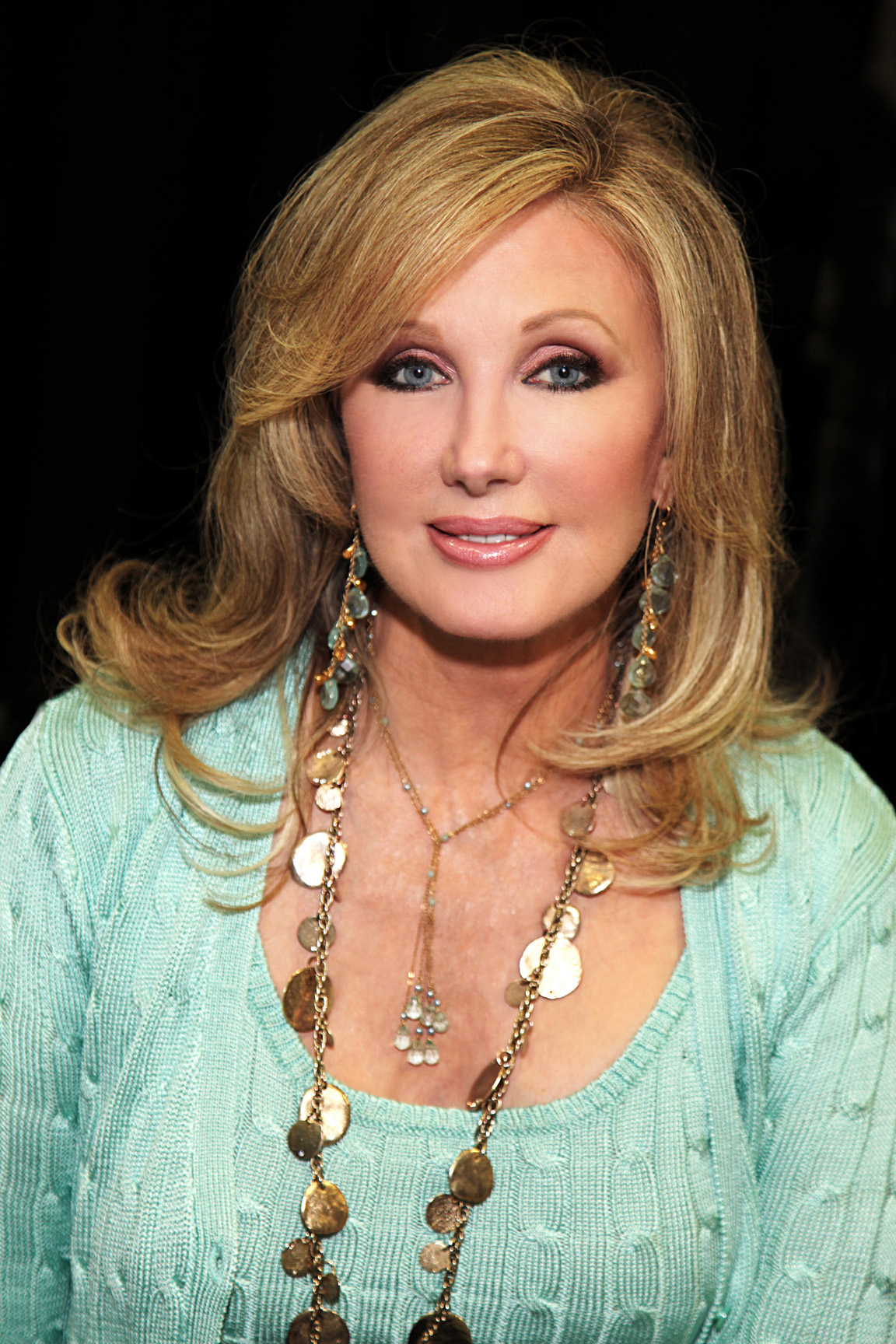Al Sharpton
Explore the significant milestones in the life of Al Sharpton, a prominent civil rights leader. This timeline covers his early activism, notable protests, advocacy for racial justice, media presence, and involvement in American politics and social movements.
Birth of Al Sharpton
Alfred Charles Sharpton Jr. was born on October 3, 1954, in Brooklyn, New York. He grew up in a middle-class household and was ordained as a Pentecostal minister by the age of nine. Sharpton became involved in civil rights activism at an early age, heavily influenced by the work of Martin Luther King Jr. and later Jesse Jackson, whom he worked for in the Southern Christian Leadership Conference.
The Tawana Brawley Case
Al Sharpton rose to national prominence during the Tawana Brawley case. Brawley, a Black teenager, claimed she was assaulted by a group of white men, including police officers. Sharpton took up her cause, but a grand jury eventually found that the evidence did not support her claims. Despite the controversy and backlash, Sharpton's role in the case was a pivotal point in his career as an activist, as it solidified his presence in the media and his reputation as a civil rights advocate.
Crown Heights Riot
In 1991, Al Sharpton became involved in the Crown Heights riot in Brooklyn, New York. The riot was sparked by tensions between the Black and Jewish communities after a Jewish driver accidentally struck two Black children, killing one. Sharpton's involvement was controversial; he gave a fiery eulogy that was criticized for being anti-Semitic. This event highlighted the complexities and challenges in New York's race relations and further established Sharpton's role as a polarizing figure in civil rights activism.
Freddy's Fashion Mart Protest
In 1995, Al Sharpton led protests against Freddy's Fashion Mart, a clothing store in Harlem, which was accused of driving out a local Black-owned business. The protests drew national attention when one protester set fire to the store, killing several people. Sharpton's rhetoric was scrutinized in the aftermath, although he distanced himself from the violence. This event was a critical moment in Sharpton's career, illustrating the potential consequences of intense activism and the fine line between advocating for justice and inciting violence.
Al Sharpton's Presidential Campaign
Al Sharpton announced his candidacy for the Democratic nomination in the 2004 presidential election. As a candidate, Sharpton focused on issues affecting the African American community, including healthcare reform and employment opportunities. Though he did not win any primaries, Sharpton's participation elevated minority issues in the national political discourse. His campaign highlighted his ability to galvanize support and speak on behalf of marginalized communities, although it also drew criticism from those questioning his political experience and strategies.
Inauguration of Barack Obama
Al Sharpton attended the inauguration of Barack Obama, the first Black president of the United States, reflecting on the significance of this historic event in the fight for racial equality. Sharpton viewed Obama's election as a validation of the civil rights struggles that he and others had championed for decades. The inauguration was a momentous occasion that merged the dreams of past civil rights leaders with the realities of American political transformation, reinforcing Sharpton's long-standing commitment to civil rights and social justice.
Michael Brown Shooting Protest
Al Sharpton played a central role in supporting the family of Michael Brown, an unarmed Black teenager who was shot and killed by a police officer in Ferguson, Missouri. Sharpton's activism brought national attention to the case and highlighted longstanding issues of police violence and racial discrimination. His involvement included organizing protests and demanding justice for Brown, contributing to the broader Black Lives Matter movement that emerged in response to similar incidents of police brutality and racial injustice across the United States.
Dallas Police Shooting and Vigil
Following the shooting of five police officers in Dallas by a sniper, Al Sharpton held a vigil and called for unity and peace between communities. The shooting had occurred amidst protests over police violence, and Sharpton used his platform to advocate against violence and for constructive dialogues on race relations. His response to the tragedy demonstrated his ability to address complex, emotionally charged events and his ongoing role as a mediator in times of racial tension.
George Floyd Memorial
Al Sharpton delivered a powerful eulogy at George Floyd's memorial service in Minneapolis, calling for systemic change and an end to racial injustice in America. Floyd's death at the hands of a police officer had sparked a nationwide and global outcry against police brutality and systemic racism. Sharpton's speech resonated with many, encapsulating the pain and frustration of Black Americans and urging political leaders and citizens to take substantive actions towards equality and justice.
Continued Advocacy for Civil Rights
As of October 7, 2023, Al Sharpton continues to be a prominent civil rights leader and political activist, advocating for social justice and equality. Throughout his career, Sharpton has adapted to new challenges, including tackling issues such as voter suppression, police reform, and economic disparities affecting marginalized communities. His ongoing work serves as a testament to his enduring commitment to civil rights and his ability to influence public opinion and policy in the United States.
Frequently asked questions about Al Sharpton
Discover commonly asked questions regarding Al Sharpton. If there are any questions we may have overlooked, please let us know.
What role has Al Sharpton played in American politics?
What is Al Sharpton known for?
When was Al Sharpton born?
What was a significant event in Al Sharpton's early activism?
Related timelines
More timelines connected to Al Sharpton







